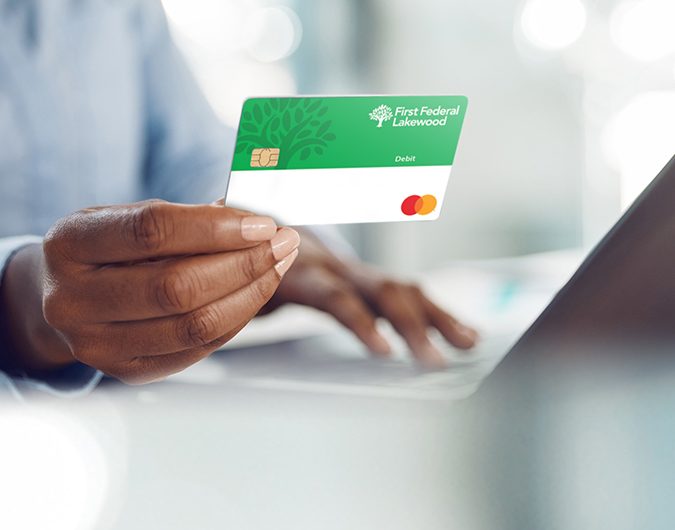You are ready to make the jump from renting to buying a home. That is good news. The National Association of Realtors’ latest report for 2023 states that the median sales price of existing homes across the country stood at $387,600, which is a 0.03% percent decrease from the year prior.
At the same time, borrowing money to finance a home is getting more costly, too. In December 2023, Mortgage News Daily reported that the average interest rate on a 30-year fixed-rate mortgage rose to 6.64 percent, which is a 0.26 point bump compared to the year prior.
Homes have become less affordable, primarily due to rising interest rates, among other factors. However, you can still afford to buy your dream home within your ideal neighborhood.
Before you buy a home, you want to make sure that you can afford the monthly mortgage payment. If you cannot, you will struggle to make your payments on time. Moreover, you could even end up losing your home to foreclosure.
Can You Afford It?
In general, mortgage lenders recommend that you purchase a home that is no more than 2.5 times your gross annual income, your income before any tax deductions.
In general, if you make $50,000 a year, you would be able to afford a home that costs from $100,000 to $150,000.
Of course, that is a relatively simple formula that doesn’t consider other factors. For example, you might make $50,000 but have few other debts. Maybe you do not have any credit card debt and are not burdened with student loan debt. You will be in a much better position to afford a more expensive home than someone making the same amount of money as you, but with overwhelming student loans and auto payments, and high credit card bills.
What Your Lenders Will Give You
Mortgage lenders will look at your entire financial picture to determine how much money to lend you.
That includes both your monthly income and your monthly debts. Lenders rely on two ratios — the front-end and back-end ratios — to determine how large of a mortgage payment you can afford.
The front-end ratio determines how much of your monthly income your mortgage payment — including principal, taxes, and insurance — takes up. Lenders want your mortgage payment to take up no more than 28 percent of your monthly income. The back-end ratio considers all of your debts, everything from your mortgage payment to your credit card debt to your student loans. Lenders want your monthly debt obligations to total no more than 36 percent of your gross monthly income.
The Down Payment
Of course, you can increase the affordability of your mortgage loan by coming up with a more substantial down payment. The more money you can put into a down payment, the smaller your mortgage loan will be, and the lower your monthly payment.
Most conventional lenders today require that you put down at least 5 percent of your home’s purchase price. However, down payment requirements will vary based on your credit history and other factors.
According to the National Association of Realtors, statistics for 2023 indicate that with more and more first-time homebuyers entering the market, down payments percentages have decreased, with home buyers putting down an average of 8 percent. For a house with a $200,000 purchase price, that would come out to a down payment of $16,000. If you take out a mortgage loan insured by the Federal Housing Administration, though, you will need a down payment of just 3.5 percent, depending on your credit score. For a house with a $200,000 purchase price, that comes out to a down payment of $7,000.
Your Credit
Of course, even if you can afford a specific house and have the money for a down payment, you might not qualify for a mortgage loan. That is because lenders today rely heavily on your three-digit credit score when determining who gets mortgage money and at what interest rate.
Your credit score will drop if you have a credit history filled with missing credit card payments and auto loan payments. In addition, if you have filed for bankruptcy or suffered through a housing foreclosure, your credit score will plummet. Your score will also suffer if you have mountains of credit card debt.
However, if you make wise financial decisions and pay your bills on time, your credit score should be solid. In general, lenders reserve their best interest rates for borrowers with FICO credit scores of 740 or higher.
That is important when it comes to affordability. Your monthly mortgage payment will be lower if you have a lower interest rate. The best way to get a low rate is to go to your lender with a healthy credit score.


 Find a Location
Find a Location





